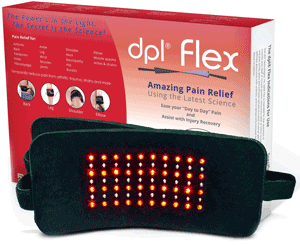When the drug store creams and remedies get too expensive, many people tend to rely on homemade products to target their skin conditions. These can be simple (yet odd) solutions, such as rubbing a lemon wedge on your face to even out your skin tone, or whipping up an oat, milk, and honey mask to moisturize. Others turn to more unconventional measures like rubbing banana or potato peels on their face. While these home remedies might be harmless due to the fact that they are made from food ingredients, other chemicals also found in the home might not be so benign. Benzoyl Peroxide is one of them.
What Is It, Anyway?
No, you probably don’t have a vat or a jar of benzoyl peroxide lying around your house, you most certainly can find it as an active or a secondary ingredient in some of your acne treatment creams. It’s a popular addition to those zit-zapping remedies, but as with anything, too much of it can damage your skin. Benzoyl peroxide is known as an industrial chemical, meaning it was developed by a chemical company for research. It is now cleared to be sold over the counter, but use of this chemical must be sparing.
Benzoyl peroxide is most effective in targeting P. acnes bacteria, which is the very bacteria responsible for the skin inflammation that causes acne. Once your pores become inflamed and clogged, acne is free to spread on your face with little to no obstacle. However, in large quantities or in prolonged contact with the skin, benzoyl peroxide can generate what is known as erythema, which is the scientific term for the reddening of the skin. Sometimes, the reddening can be a painful effect, similar to that of a sunburn where your skin bubbles slightly and feels tender to the touch.
Negative Effects of Benzoyl Peroxide
For one, benzoyl peroxide is said to dry out the skin, producing a harmful irritant on the top-most layers of your face and any other part of the body with which it comes in contact. Dry skin can lead to premature aging, since there is a lack of moisture to combat wrinkles and other signs of aging. Benzoyl peroxide can also have an effect on the pigmentation of your skin, as individuals with a darker coloring have reported an outcome known as hyper-pigmentation. This occurs when pockets or patches of skin become discolored and darken, making these areas more noticeable. Because benzoyl peroxide can act as an irritant if not properly used, you can end up doing more damage to your skin than the acne did.
It is therefore important to keep the “everything in moderation” mantra in mind, as it does not simply apply to food. If you desire to use an acne treatment that makes use of benzoyl peroxide, remember to choose one that has a low dose, and refrain from using it for a prolonged amount of time.


